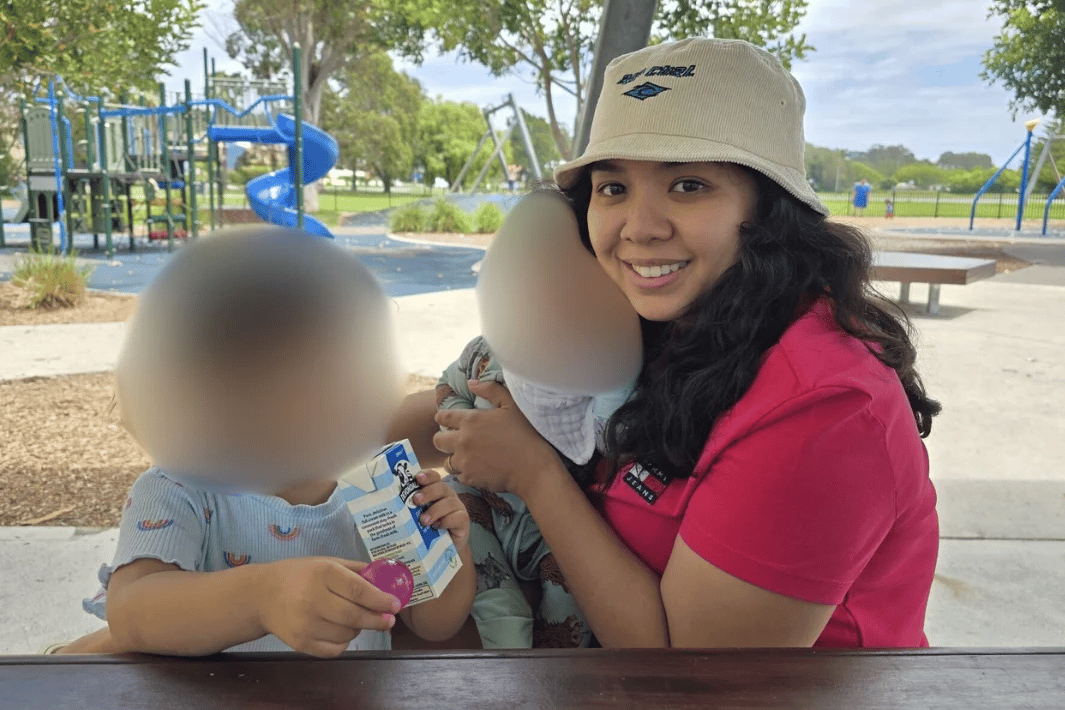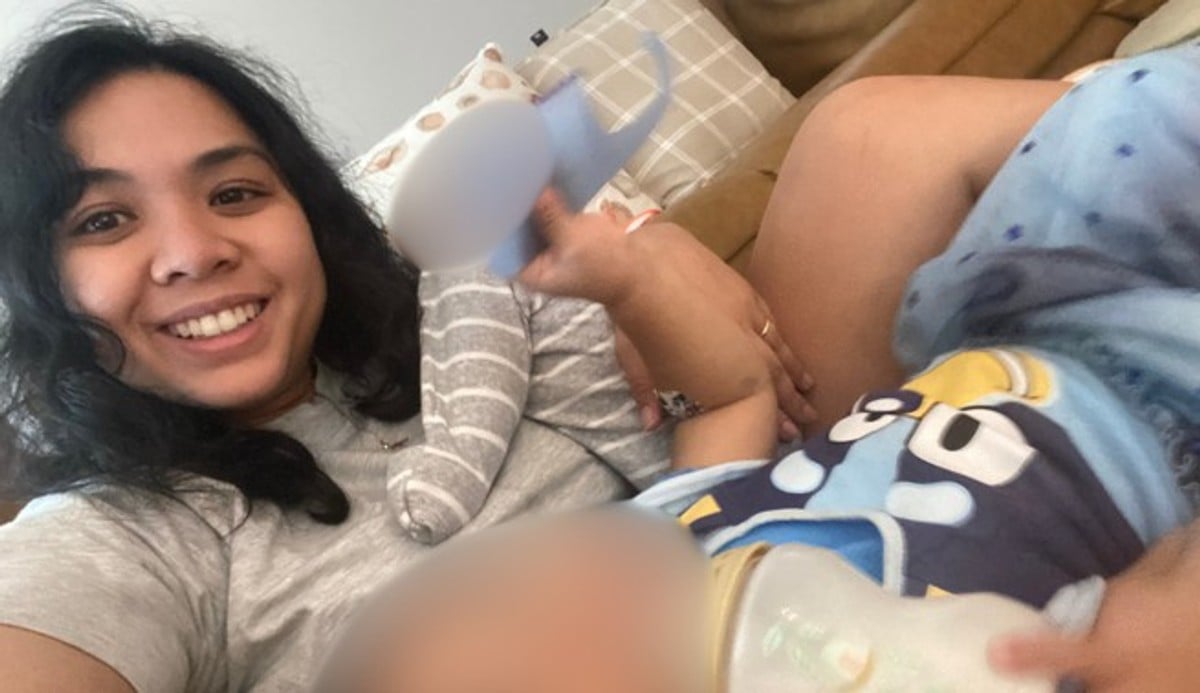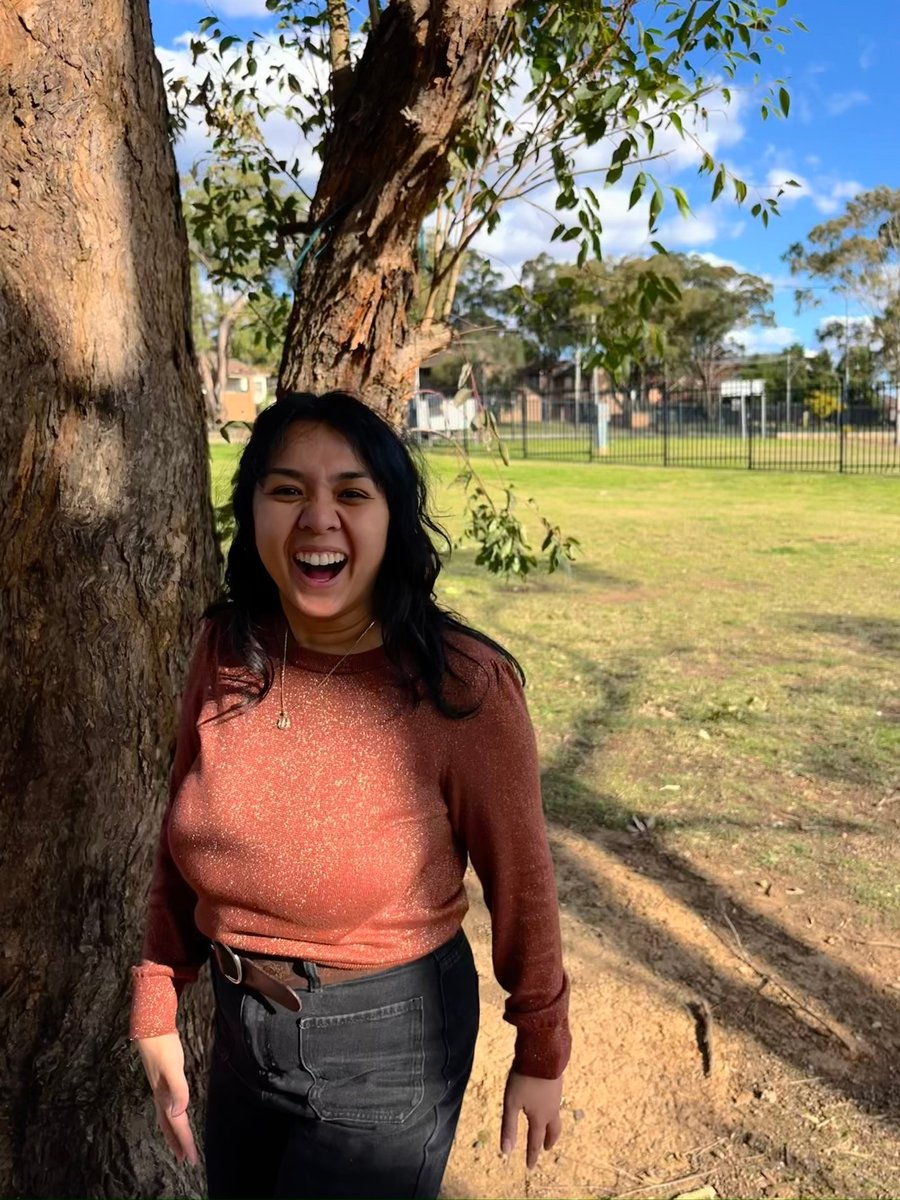
With my first child, it showed up as spitefulness and withdrawal. I punished my husband with the cold shoulder for crimes against parenting he didn't know he'd committed and deactivated my social media accounts, only being contactable via carrier pigeon.
Whenever I could, I would try to offload my baby to my mother for a sleepover to simply coexist with my husband as he played games and I streamed Netflix in separate rooms of the house.
With my second child, it showed up as a sensation in my body. I felt electricity all down my arms, chest and back that radiated as heat to my toes. Although I had a social media presence, it mostly gave me time to criticise my own parenting by comparing myself to social media influencers.
Hearing my toddler say, "Mum, you need to say sorry because you made me sad," was when I realised that something had to change.
That is when I went to my GP and self-referred myself to Karitane, a charity that supports families, to receive mental health support. It took over two months in survival mode to speak with a psychologist, which is not a criticism of the healthcare system.
Watch: Dr. Maryam provides expert advice on postpartum recovery. Post continues after video.
In the meantime, I outwardly became the moody and cranky wife and mother who was quick to snap over cookie crumbs on the floor. I truly recognised that I needed help and was so deeply ashamed of my poor emotional regulation.






























































































